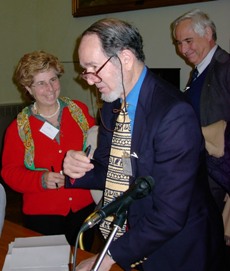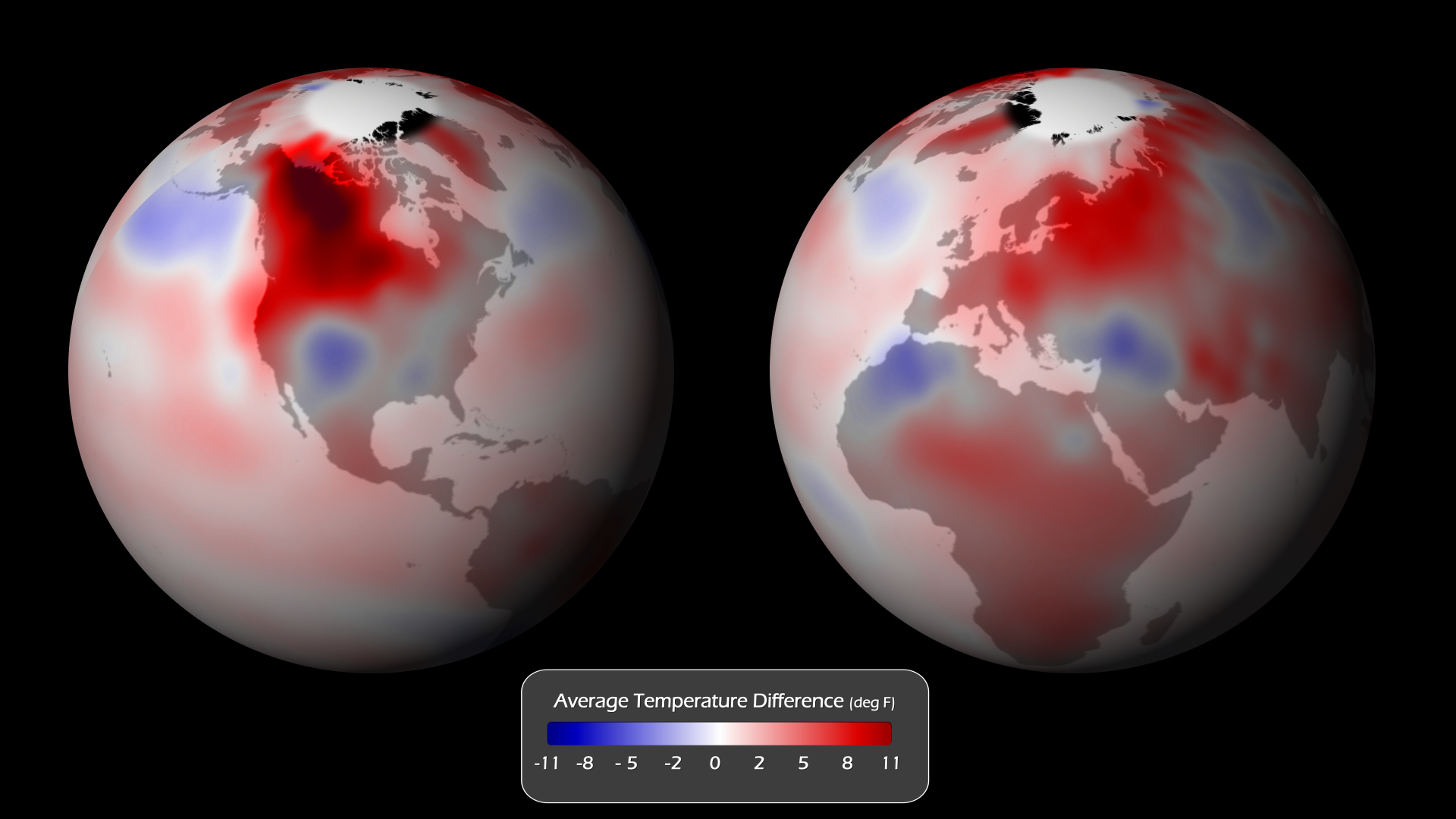Global Corruption Report - Strengthening Climate Governance to Reduce Corruption Risks
| AMBIENTE |

Climate change is arguably the greatest governance challenge the world has ever faced. Addressing it requires a degree of urgency,
trust, cooperation and solidarity that tests the limits of conventional mechanisms and institutions to manage public goods.
Climate change is not just a challenge to established approaches to governance, however; it also transcends established typologies of corruption. Corruption is defined by Transparency International as the abuse of entrusted power for private gain. Entrusted power is not only the power a citizen confers to a public office holder. It is the power that future generations have vested in all of us, in our stewardship role for the planet. Likewise, abuse for private gain goes beyond corruption in the forms it so often takes - the misappropriation of funds, bribery in the awarding of contracts, and nepotism, all of which undermine good climate governance - and extends to new arenas. These include the distortion of scientific facts, the breach of principles of fair representation and false claims about the green credentials of consumer products - evidence of which is documented in this report. Such practices can be devastating in a policy arena in which uncertainty abounds and trust and cooperation are essential.
Why is corruption, in particular, a risk in addressing climate change? As the Global Corruption Report explores at length, the efforts to prevent and respond to climate change will have an enormous price tag. Where huge amounts of money flow through new and untested financial markets and mechanisms, there is always a risk of corruption. Some estimate total climate change investments in mitigation efforts alone at almost US$700 billion by 2020. Public investments of no less than US$250 billion per annum will eventually flow through new, relatively uncoordinated and untested channels. In addition, pressure already exists to ‘fast-track’ solutions, further enhancing the risk of corruption. Corruption risks are also high because of the level of complexity, uncertainty and novelty that surrounds many climate issues. Essential concepts, such as what should count as a forest, or how to establish additionality (meaning whether projects could happen in any case without support), are still being debated. Rules for geoengineering, perhaps the most risky and consequential human intervention in our biosphere, are still largely absent. New tools to measure the environmental integrity of carbon offsets are relatively untested. Early evidence presented in this report suggests that there are many regulatory grey zones and loopholes that are at risk of being exploited by corrupt interests. Careful monitoring, quick learning and an active approach to closing entry points for corruption are essential to ensure that strong governance enables the success of these new tools and instruments at this most critical stage.
Another aspect of climate governance that demands urgent attention is the inequality of the current processes for individuals and groups most directly affected by climate change. Contributions to the Global Corruption Report shed light on those most adversely affected by climate change: indigenous and rural poor communities in remote locations, the urban poor living in precarious settlements, and displaced persons who require resettlement. All these groups share commonalities. They bear the brunt of the effects of climate change; they are meant to be the main beneficiaries of adaptive action; and yet they are usually the most marginalized voices in the political system. This starkly highlights the need for accountable climate governance. An overarching message of the Global Corruption Report is that a dramatic strengthening of governance mechanisms can reduce corruption risk and make climate change policy more effective and more successful.
The quality of climate governance - the degree to which policy development and decisions are participatory, accountable, transparent, inclusive and responsive, and respect the rule of law - will help determine how well it addresses inherent corruption risks. (...)
The article:
More about:
http://www.transparency.org/news_room/in_focus/2011/gcr_climate_change
The Report:
http://www.transparency.org/publications/gcr/gcr_climate_change2
| < Prec. | Succ. > |
|---|







 Survival: La lotta contro il riscaldamento globale devasta i popoli indigeni
Survival: La lotta contro il riscaldamento globale devasta i popoli indigeni  Copenhagen meno 30
Copenhagen meno 30


